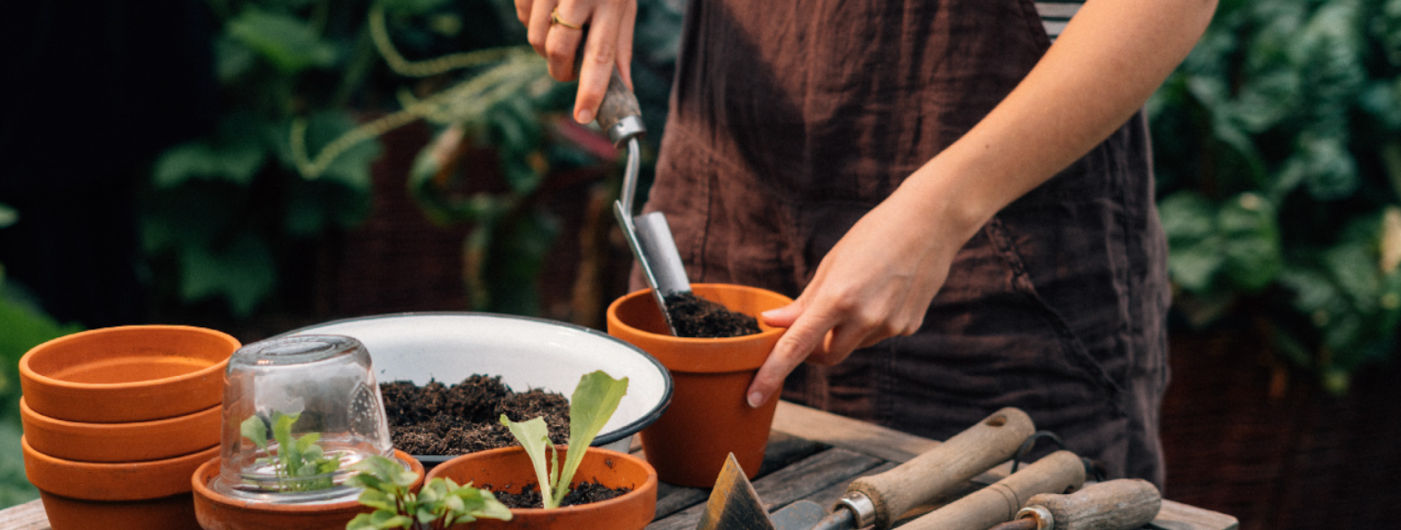Organic or conventional seeds? Helping you decide
Magic Garden Seeds has been a certified seller of organic seed since 2015. Since then we’ve been steadily working to convert our extensive plant seed range, step by step, to certified organic seed, and to expand it further.
Many of our customers have really welcomed the change. Now and again, though, we have been asked why it matters if seeds come from certified organic producers.
Three important reasons for buying open-pollinated organic seed
1. Uncontaminated organic seed
Organic seeds are harvested from plants grown by certified organic growers, on unpolluted soil and without the use of pesticides and chemical fertilisers. These seeds do not undergo the chemical treatments generally used in conventional farming to keep seeds sterile and protect them from pathogens. While the reasoning behind these treatments is understandable the process contaminates the seeds with harmful active substances which have been linked with bee deaths, among other things. Sowing healthy, uncontaminated seed is the best way of ensuring that you harvest healthy, eco-friendly and uncontaminated fruit, vegetables, and herbs.
2. Open-pollinated organic seed
At Magic Garden Seeds we only sell open-pollinated varieties – we don’t sell any hybrid seeds (hybrid seeds can generally be recognised by the ‘F1’ added to their name). Plants are called ‘open-pollinated’ if you can harvest viable seed from them: if you sow this seed in the following season the plants will show the same characteristics as their parent plants. Open-pollinated seeds can be propagated from themselves, year on year: you don’t have to buy more seed each time, making you independent of the major seed corporations. By harvesting your own seed over the years you will in all likelihood obtain plants adapted to your local climate, ensuring stable and healthy yields. Not all organic seeds are also open-pollinated – so it’s important to look out for the ‘open-pollinated seeds’ label, too.
3. Preserving biodiverse varieties
For hundreds of years, farmers across the world have been working to breed strong, healthy, productive varieties – creating a vast pool of knowledge and expertise around plant cultivation and a global treasure trove of highly diverse species and varieties. In recent decades the conventional market has focused on breeding and marketing high-yield varieties that work well for commercial cultivation as they deliver standardised quantities. But diversity has suffered as a result – which is why in supermarkets you can often see just one variety of pumpkin, standard cucumbers only, and always the same tomatoes. Thankfully, people are gradually beginning to think differently – because it’s only by preserving biodiversity that we can face the challenges of climate change and breed plants capable of coping with a changing climate and changing soils.


